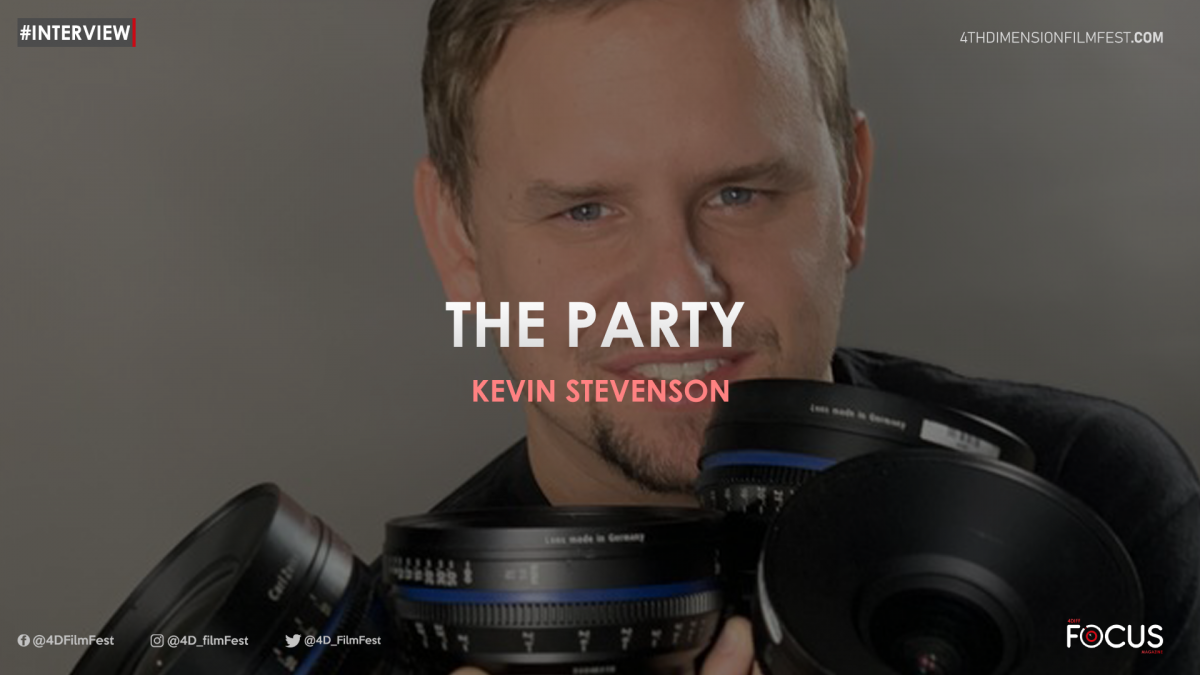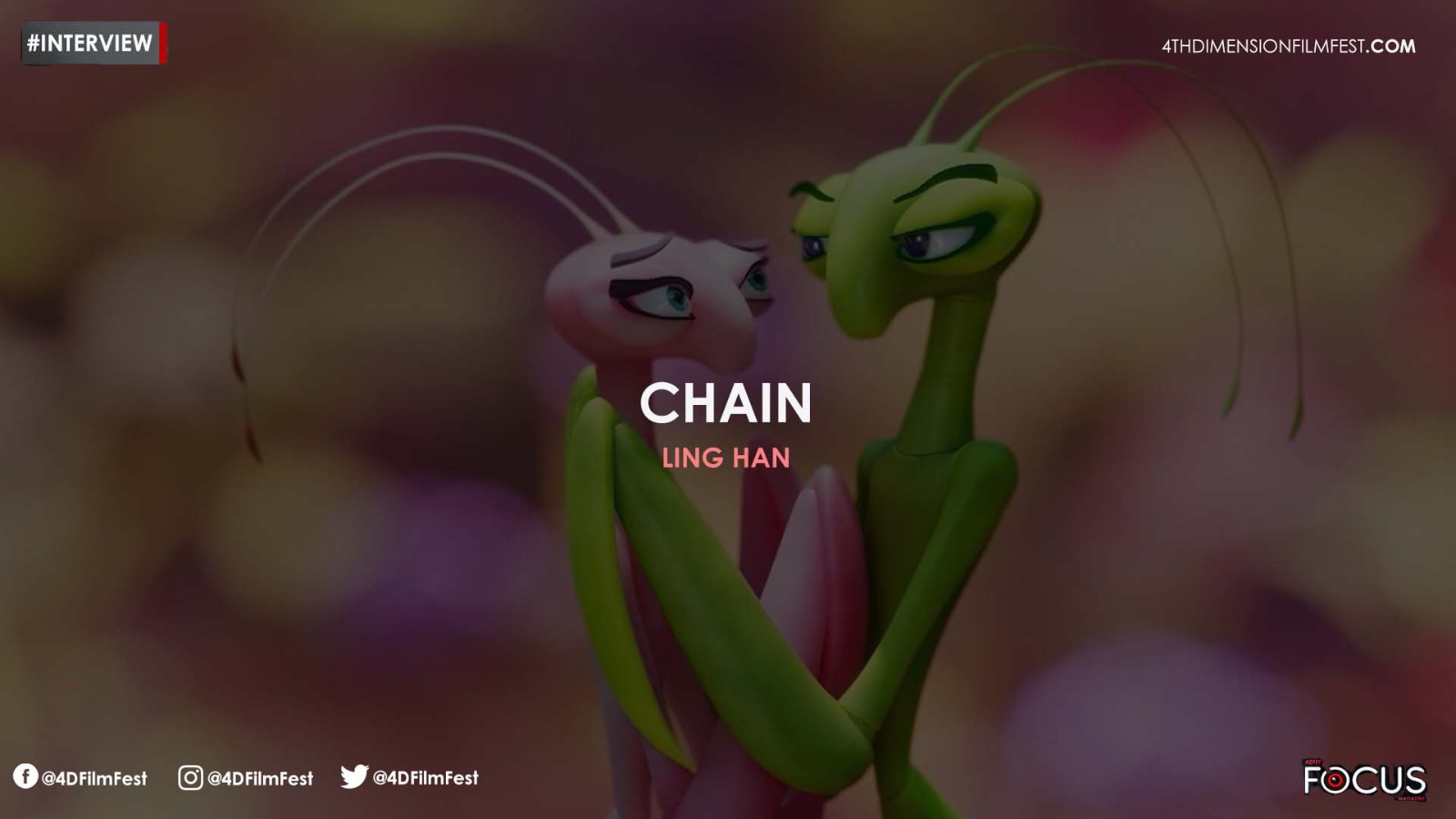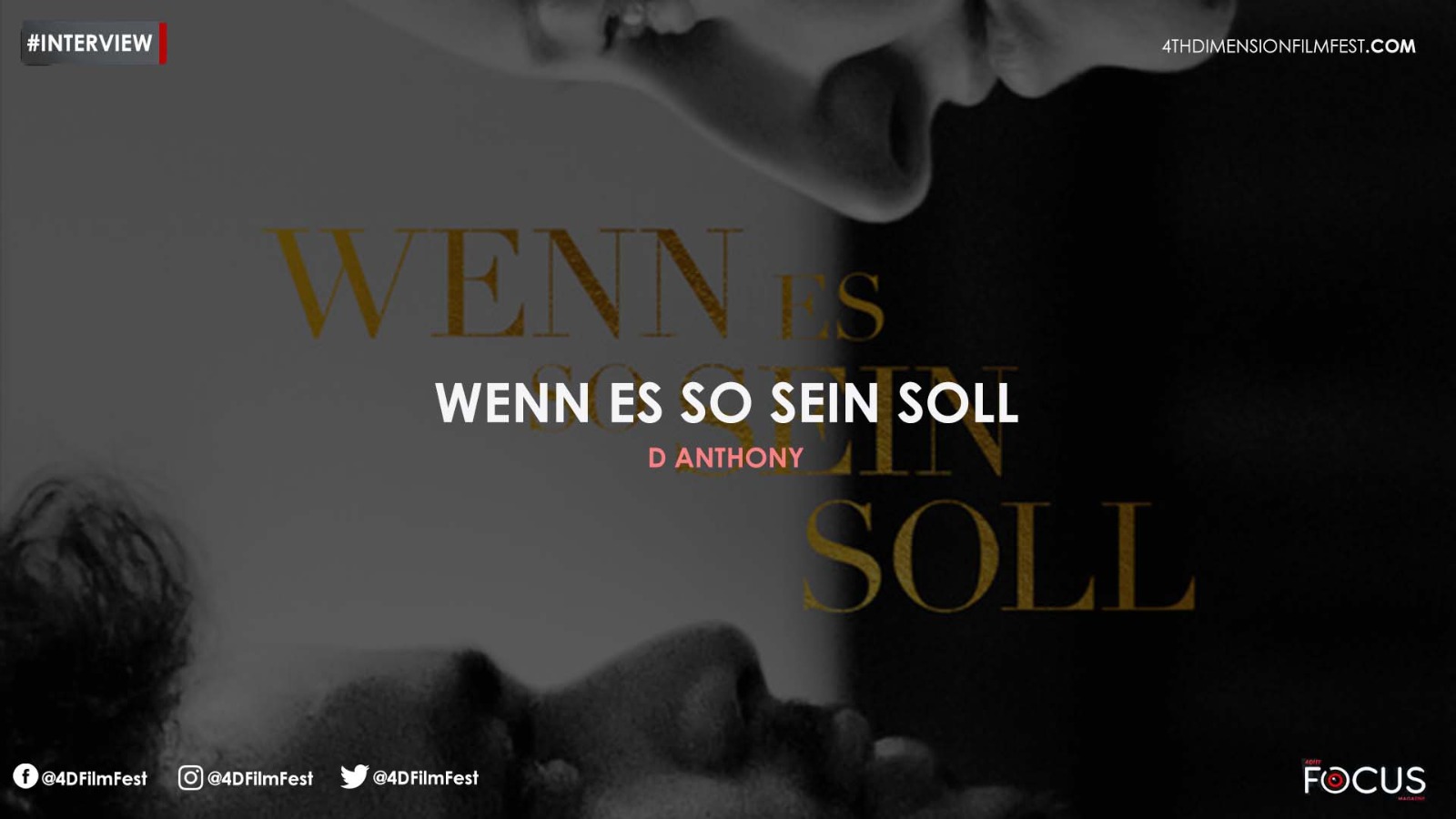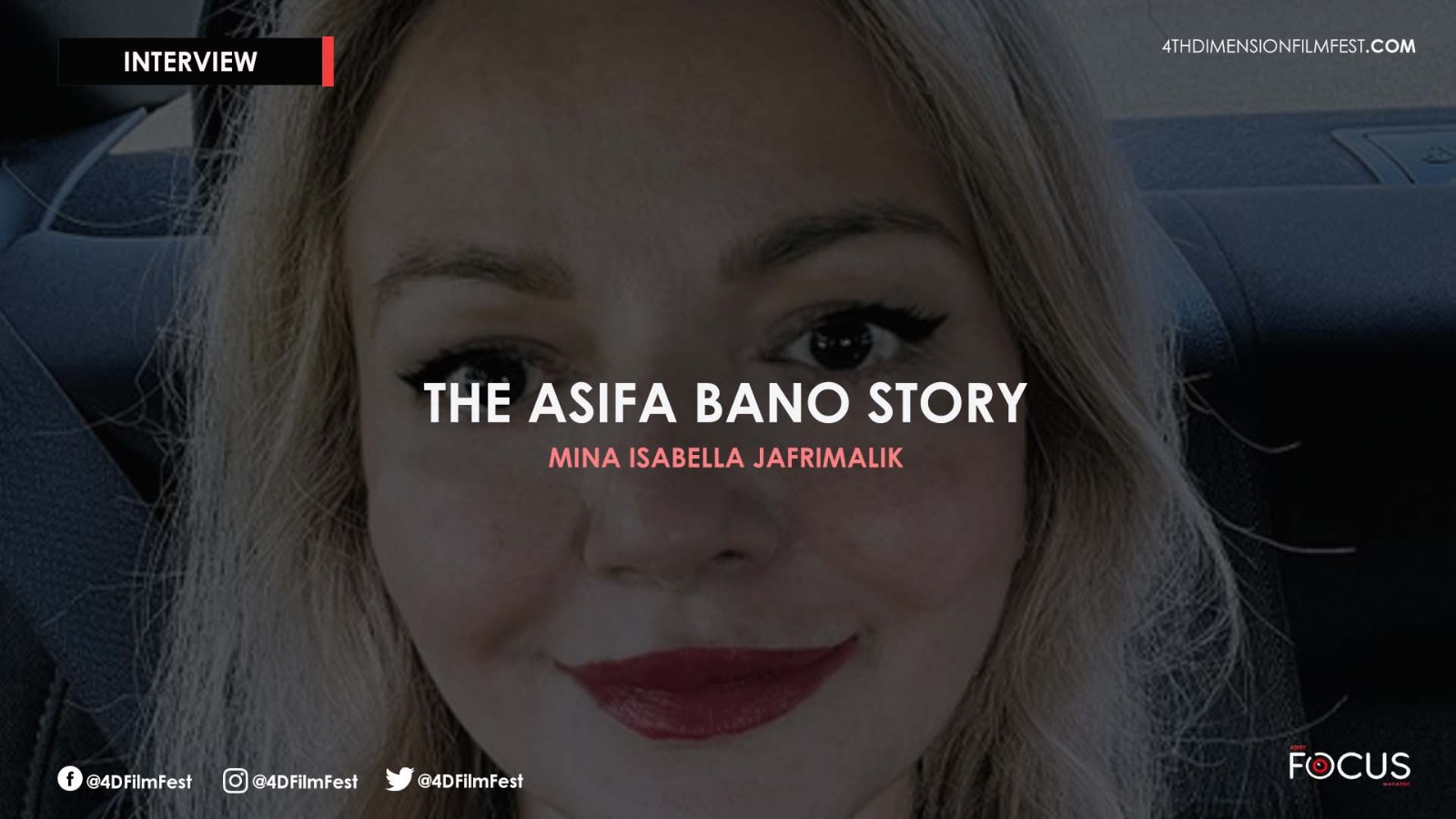Hello Kevin, welcome to Focus!
Tell us how special “The Party” is to you.
This film has been the greatest experience personally and professionally. Working with Ryan Mccoy, adapting Tom Leveen’s “Party” novel, and directing Sara Catherine Bellamy and the rest of the cast has been a dream. Filming on the beaches of Oxnard, Ca, USA in the middle of winter, right before Christmas at the height of the pandemic lockdown in 2022 made it one of the more difficult challenges of my life. But, all the more rewarding given how many people said it couldn’t be done. We did it against all odds, and now having such success in the film festival circuit, I’m just trying to enjoy it all now that all the hard work is done.
Given our 10-day shooting schedule, with over 10 locations, lots of complicated and technical camera work, I couldn’t be happier with how the cast and the crew pulled it off, despite freezing temperatures, over 12-hour days, and the pandemic lock-down. As a team, we believed in each other and now, 2 years later, we can officially say we pulled off the impossible!
The movie has two names, “The Party” and “Butterfly”. It would be great if you could emphasise what they signify?
Great question. The screenplay was titled “Butterfly…”. Butterflies were referenced quite a bit in the script, and the writer/producer, Ryan Mccoy, thought it was fitting. The butterflies were a metaphor, or analogy, for the nervousness the protagonist, Beckett, experienced during social interactions. After some trauma with her mom committing suicide, she has resorted to dealing with her pain alone, in the haze of solitude. She has cut off many of the people she called friends. In doing so, she has been unable to tell them the horror story of her mom’s passing. And as time goes by, it makes it harder and harder for her to express herself, thrusting her into a deeper hole of isolation and depression, eventually causing her to attempting suicide herself by jumping off the pier to drown herself in the freezing ocean waters. The guilt of losing her mom, and inability to save her, has grown in the pit of her stomach, like a 1000 butterflies fluttering in her gut, preventing her from moving forward with her life. So, at the conclusion of the film, she is forced to deal with her past friends, and her butterflies are released, allowing her to put the past behind her and look towards a brighter future, with the helping hands of friends.
After post-production, the title “Butterflies…” didn’t seem to be very marketable according to our sales agent. And it was recommended to change it to the name of the novel the screenplay was based off of, “Party” by Tom Leveen. There isn’t much of a hidden meaning with the name “The Party”, haha. The film is about a group of kids on their way to a party, which results in a tragic moment that will lead them all to remember this party forever.
So currently the title is “The Party”, but the original working title was “Butterflies…”.
Kevin, the movie deals with the issues that are extremely relevant to teens today. What made you go for this story?
This film takes place over the course of one night in high school. But, in the blur of high school, it can resemble many nights for a lot of people who remember high school. Most of the days feel repetitive. Most of the parties in high school feel repetitive. So this, in a weird way for me, encapsulates my high school experience. An experience full of regret, insecurities, and shame. Don’t get me wrong, I had a lot of fun and positive memories from high school, but I think I remember the guilt and shameful moments more frequently. For some reason, they stick with me a lot longer than positive memories. So this movie kinda gave me an opportunity to perhaps improve the self-confidence of these characters and in turn, improve the self-confidence of myself, because these characters represent many American teenagers. And I think everyone can see a little of themselves in at least one of these characters. With such a diverse cast, someone would be hard pressed not to relate to at least one of the characters.
It would be great if you could share your journey as a filmmaker?
Well, my journey as a filmmaker started at the cinemas, watching films on the big screen. It was always a dream out of reach. But, once technology made it possible to forge a way into the industry, suddenly the distant dream didn’t seem out of reach. So, I went to film school, bought some super 8 film and a mini DV camcorder, and started making short films. This was before I even discovered film festivals. So, I was making these films for myself, school classmates, friends, and family. I started taking this career path more seriously when I got accepted to intern at various well-known news and media entertainment companies. From these internships, I started to understand the back-end of the filmmaking process. Packaging films, deliverables, distribution, broadcast, and marketing. This was invaluable, because I didn’t know anyone in the industry besides other film students. So after the internships and film school, I started working as a full-time editor editing commercials. Sharpening my skills as an editor, I also improved as a producer, director, and camera operator because as the editor, I was able to see where each department succeeded and fell short. I would recommend every shooter, or director, work as an assistant editor at some point in their career. In my experience it greatly improved my filmmaking skills, probably more than anything else.
After 2 years of editing, I decided to freelance as a Camera Operator, which led me to buying all the new cameras and accessories. Nearly a decade later, I proudly own an Arri Alexa Mini, a 1-ton grip and electric van, gimbals and drones. As a result I’ve been able to grow my production company, Goreella Media, and I’m loving every minute of it. And now I’m directing feature films with a lot of the same people I’ve come up in the industry with. And there is a whole other aspect now that i’m learning, distribution. So, I’m looking to develop, produce, edit, package, and distribute my films internationally and domestically. I haven’t stopped learning my craft and for me that is the most fun part of it all.
Name some of your favourite directors and how did they influence you?
Some of the more influential directors in my life are the Coen Brothers, Tony Scott, Ti West, Paul Thomas Anderson, David Cronenberg, Nicolas Winding Refn, David Lynch, Jim Jarmusch, and of course Quentin Tarantino. I love their use of practical effects and stories driven by characters. Coen Brothers have made film-noir and neo-noir popular again. Tony Scott utilizes camera and frame rates like no other. Ti West does a lot with a small budget. PT Anderson creates superb drama with only the use of characters, no gimmicks, no tricks, just an excellent plot. Cronenberg pokes at my imagination like no other. Refn says a lot without saying much. David Lynch sends me on a trip that I’m never sure where I’m headed, his movies are adventures! Jim Jarmusch only needs one character and a camera to make a compelling film. Tarantino is able to create such dynamic dialogue with his characters, and his movies get better each time I watch, it’s really fascinating haha.
So all-in-all, these directors have a common theme, they use practical real world tools to drive a story forward and make a memorable film. They use traditional tools of writing, dialogue, cameras, interesting locations, and great acting to create films. These are the directors that I’ll forever be watching in cinemas, and forever be influenced by because they make me feel like making a movie is as easy as writing a book!
The Party is emotionally powerful, especially with characters like Brent, Beckett, Max and Azize. How did you manage to pay equal attention to each of the characters and their build up?
That was the biggest challenge, working with an ensemble cast of roughly 10 characters. In pre-production, I was worried the audience won’t get invested since these characters share equal screen time. While reading the script I was also worried about the fact the narration of the film was from the vantage point of different characters throughout the story. So, immediately, I was concerned about having 6 or 8 narrators speaking to the audience because I felt the viewer would get confused and we would lose their attention as the switch between characters might cause confusion. So, I came up with the idea to have the characters say their internal monologue directly to the camera, breaking the fourth wall. It was a huge risk, but I think it paid off. Well, I hope it did. The audience will be the judge.
Those particular characters Brent, Max, Azize, and Beckett really came through, you’re right. I tried to give each character an arc, with a transition of sorts. They each come out of the film a little different, mostly for the better, but a couple of characters die a little in the end. Sometimes, that’s more powerful. This film is tragic for a few characters, so I wouldn’t say it has a happy ending, but the build up makes it rewarding because life hardly works out the way we want it to, and life’s about the journey. In this case, the film is about the journey to get to the party, and the party doesn’t always treat everyone nicely.
It must have been extremely challenging to bring out the characters. Tell us how you all prepared?
To prepare with the actors, I honed in on one central theme. The theme was suicide and every decision was an attempt to avoid it suicide. Because at that age, our choices can be life or death. So, every choice I made, whether it be with camera movement, lighting, blocking, or line delivery, it was focused on the fact that suicide could be looming right around the corner with every character. So, I was particularly sensitive to each character’s plight and I never took them for granted, no matter how arbitrary their situation seemed to me.
And I feel like the actors bought into that. During rehearsals, you could feel each scene have tension all of sudden. With that being said, the stakes were life and death at that point, and the material suddenly became a precious message for us to hold dear, because it was a subject matter that has a chance to change lives. So, we couldn’t take it for granted.
You believe in the motto “We don’t make movies to make money, we make money to make movies.” Tell us if you have ever faced any difficulties as a filmmaker?
As a freelance filmmaker, I’ve experienced some difficulties. Not many, I’ve been lucky growing up in Los Angeles with ample opportunities. I always knew I could and should fail. Failure is the biggest life lesson. So, I try to fail early and often, so I can learn as much as possible. So, I can say my difficulties come in my personal shortcomings, like public speaking. I enjoy one-on-one conversations, but once there is a crowd, I become very insecure and kind of shut down. So, directing this large cast was especially difficult for me to express myself clearly and effectively, so I took it as an opportunity to be a better communicator and director. Luckily, I had a helpful crew and 1st AD’s in the form of Brian Campeau and Joshua Boyer. Both helped articulate my vision to the cast and crew to execute my vision and stay on schedule. Which was difficult, given we only had 10 days to film the 100-page script.
I am sure such situations can be trying, but how do you cope with such situations?
When I find myself in a challenging situation, I don’t try to manipulate it too much. Sure, I don’t give up and I keep pushing. But, some challenges can work to your advantage. For instance, we were filming in a small bathroom and we thought it was too tight to fit 2 actors, sound, camera, lights, and a slider. But the tight space made us get creative and change our camera angles. So, in The Party, you’ll find some interesting camera angles in the bathroom scene where the camera is on the ground looking up. This was the only possible way to get a close-up, and it really seemed to benefit the scene.
As a filmmaker, what is your primary focus?
My primary focus is to stay hungry and humble. I value the relationships I have in the industry and will do whatever I can to help my brothers and sisters in the filmmaking industry. I never turn down a favor and I’m never too good for a project. I’ll always try to elevate every project, even if it’s a no-budget film, so I’ll do my best to make it feel like a million dollar project. There are a lot of younger generation filmmakers in LA, and that drives me to teach more, give more, and keep learning. If I keep doing that, I’ll keep working on film sets and directing films. Well, at least I keep telling myself that!
Kevin, it was nice meeting you! Lastly, I’d like to know if you are planning your next! If so, what can we be expecting from you?
My next film is called A Girl Upstairs starring Holly Blair. It’s a feature film, completed, and looking for distribution and hitting the festival circuit soon. It’s a psychological thriller with one hell of an ending! And I’m set to direct a TV series in Texas, USA, called Dark Hearts. A true crime drama which dives into the underbelly of the human trafficking world in the sourthern border of America and Mexico. In addition to these projects, I’ll keep running my production company Goreella Media, @goreellafilmmaker in Los Angeles, which specializes in cameras, grip, and lighting for indie films, music videos, docs, and commercials.





